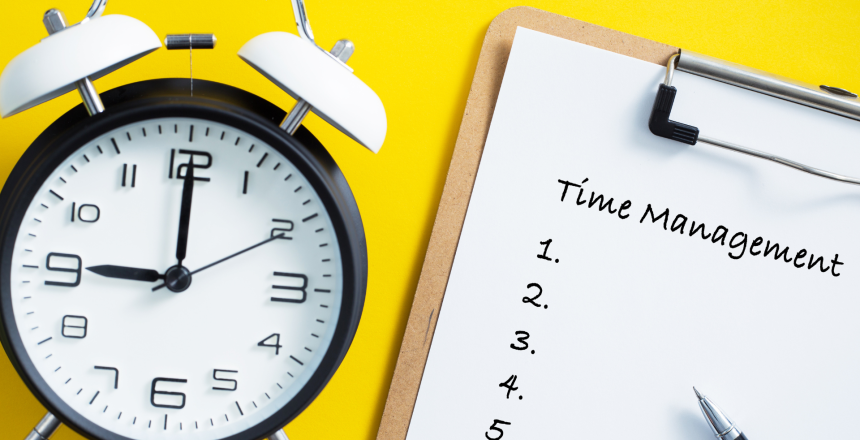Better time management may help you reclaim control of your days if you never seem to have enough time.
Learning how to manage your time properly can make you feel more comfortable, focused, and in control of your career or lifestyle in general.
“The goal of excellent time management is to attain the lifestyle balance you desire,” explains chartered occupational psychologist Emma Donaldson-Feilder.
Emma’s top time management suggestions can be found on this page.
Determine your objectives.
“Determine who you want to be, your life priorities, and what you want to achieve in your job or personal life,” Emma advises. “That becomes the guiding principle for how you spend and manage your time.”
After you’ve determined the big picture, you may set some short- and medium-term objectives. “Knowing your goals can help you plan better and focus on what will help you reach those goals,” Emma explains.
Create a list
To-do lists are an excellent method to keep organized. “Try it out and see what works best for you,” Emma advises.
To avoid losing track of many lists, she likes to retain a single to-do list. “Keeping a list can help you figure out your priorities and timings, and it will allow you to put off non-urgent jobs.”
Make sure your list is easily accessible. Keep it on your phone if you always have it with you.
Concentrate on the end outcome.
Good time management at work entails producing high-quality work rather than a large amount. Emma suggests focusing on results rather than how busy you are.
“Spending more time on something does not always result in more,” she argues. “At the end of the day, staying an extra hour at work may not be the most effective method to manage your time.”
Take a break for lunch.
Many individuals work through their lunch hour, but Emma believes this is counter-productive. “As a general rule, getting away from your desk for at least 30 minutes will help you be more efficient in the afternoon,” she explains.
“Go for a walk outside or, better yet, do some exercise,” Emma suggests. “You’ll return to your desk re-energized, with fresh eyes and renewed focus.”
Planning your day to include a noon break will also assist you in breaking down your job into more manageable bits.
Prioritize important tasks
Tasks can be grouped into 4 categories:
- urgent and important
- not urgent but important
- urgent but not important
- neither urgent nor important
People who manage their time wisely prioritize “not urgent but vital” tasks. This reduces the likelihood of actions becoming “urgent and vital.”
“The goal is to learn how to reduce the quantity of urgent and vital chores; dealing with too many urgent duties can be stressful,” Emma explains.
Exercise the ‘4 Ds.’
According to one survey, one in every three office workers has email stress. It is critical for good time management to make a decision the first time you open an email.
Emma recommends practicing the “4 Ds”:
- Delete: you can probably delete half the emails you get immediately.
- Do: if the email is urgent or can be completed quickly.
- Delegate: if the email can be better dealt with by someone else.
- Defer: set aside time later to spend on emails that will take longer to deal with.
